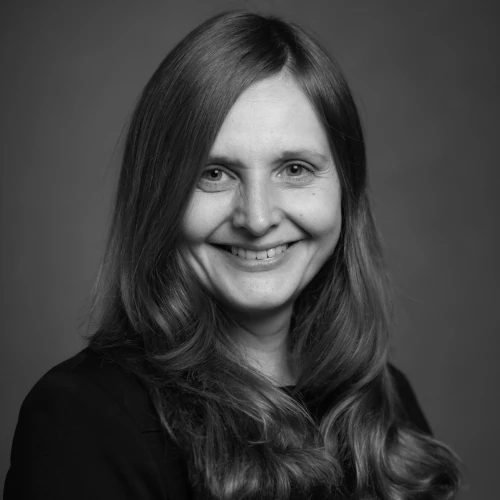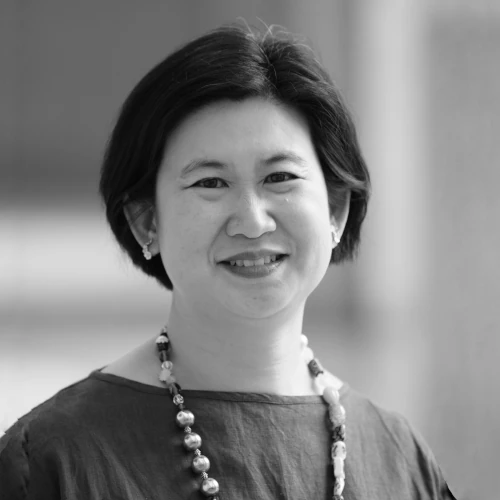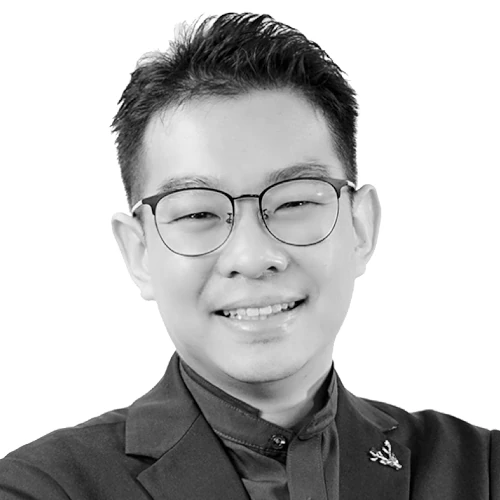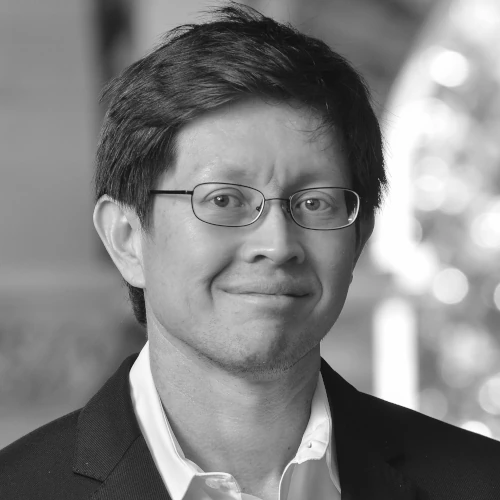Keynote Presentation
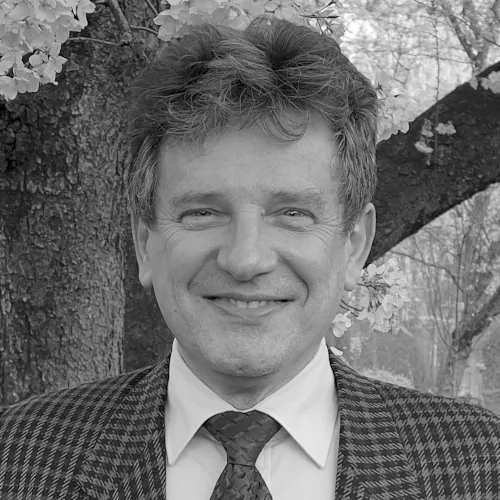 Andrea Nanetti
Andrea Nanetti
Associate Professor, School of Art, Design and Media
Nanyang Technological University, Singapore
The Power of Mapping: definition, assumptions, notions, concepts, and interpretations from Leonardo Da Vinci to the Singularity
Mapping involves visualising information spatially, conceptually, or metaphorically across various contexts, from geography to abstract fields like data analysis. Deeply rooted in human cognition, mapping operates through assumptions about representation, simplicity, accuracy, and utility. It simplifies reality by emphasising key details and serves practical functions for navigation or problem-solving. Conceptually, mapping assigns order to information, creating frameworks to organise data spatially or abstractly. In the digital era, mapping extends beyond geography to include conceptual fields such as mind mapping and network topology. It translates complex realities into simplified, interpretable formats, highlighting essential information. Mapping is an interpretive process that filters out unnecessary details, focusing on crucial elements. Today, its applications range from cartography and urban planning to genome mapping, data visualisation, and philosophical models. The vast scope of mapping, especially in AI, includes tangible realities and abstract ideas, continually evolving with technological progress. This analysis of mapping showcases its multifaceted nature, ranging from concrete physical applications to abstract conceptual models.
Andrea Nanetti is an accomplished and globally recognised expert in Digital Humanities, received his education in Historical Sciences in Italy (Bologna), France (Sorbonne), Germany (Cologne), Greece (National Research Foundation), and the USA (Brown). His research approach integrates diverse methodologies, including historical, philological, diplomatics, aesthetic, anthropological, and computational techniques. Over the past 30 years, he has led pioneering research across Europe, the United States, China, Africa, and Southeast Asia. He has established his international reputation due to his significant contributions to the history of Venice, particularly within the context of late medieval Afro-Eurasian trade systems. His research portfolio ranges from critical editions of primary historical sources to computational applications, web-based media, and international exhibitions. Consequently, prestigious institutions such as Dumbarton Oaks, Princeton University, Shanghai Jiao Tong University, Brown University, Johns Hopkins University, Fudan University, and Ca’ Foscari University of Venice have invited him as a visiting fellow. Since 2013, he has been a Professor at Nanyang Technological University in Singapore. In 2023, the PRC appointed him a Changjiang Distinguished Professor and will relocate to China in 2025.
